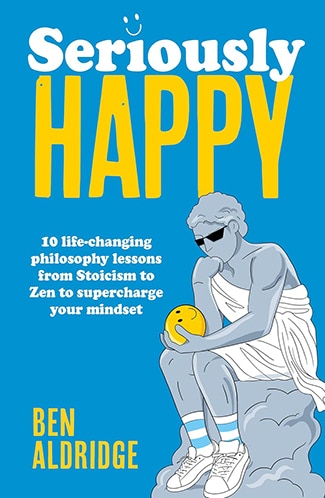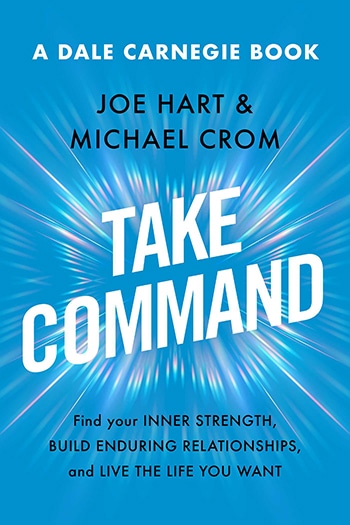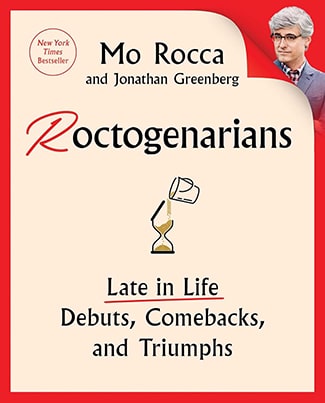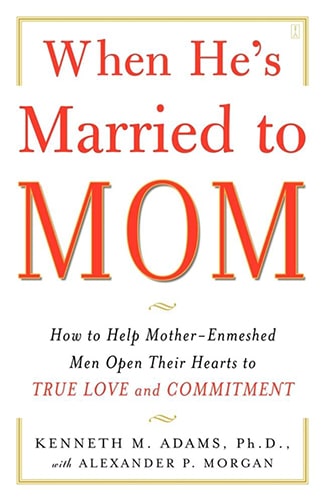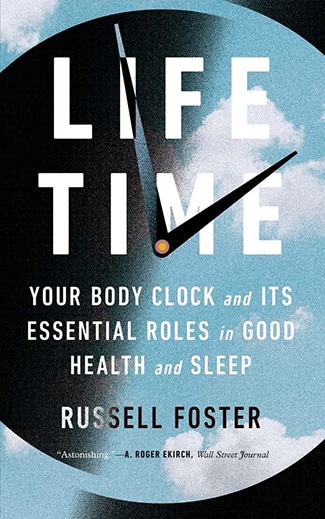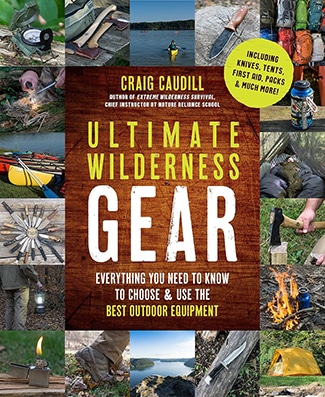The Safe, Effective Supplement That Can Improve Your Body and Brain

What if there was a supplement that could build muscle, maintain bone health, fortify the brain against cognitive decline due to age and stress, and alleviate depression, has been proven safe, and comes with almost no side effects? Well, there is such a supplement, it's been around a long time, and it isn't even expensive. It's creatine.
Here to unpack the myths, benefits, and recommended ways to use creatine is Darren Candow, a professor of exercise physiology and nutrition who supervises the Aging Muscle and Bone Health Laboratory at the University of Regina. Darren specializes in studying creatine and has published over 70 papers on the subject. Today on the show, Darren explains how a supplement often associated with bodybuilders may actually be beneficial for just about everyone — athletes and non-athletes and the young and old alike. He unpacks what creatine does in the body, and how its benefits extend beyond the body and into the brain. He offers recommendations on the formulation of creatine to use, a suggested dosage and whether it should increase with age, and how to avoid the bloating effect. He also shares what we know about creatine's safety, including its effects on the kidneys, and whether it can cause hair loss.
Resources Related to the Podcast
- AoM Article: Creatine — A Primer on Its Benefits and Use
- AoM Article: A Primer On Muscle-Building Supplements — Which Work and Which Don’t?
- AoM Podcast #878: The Fitness Supplements That Actually Work
- AoM Podcast #585: Inflammation, Saunas, and the New Science of Depression
- AoM Podcast #852: The Brain Energy Theory of Mental Illness
- Darren's studies
